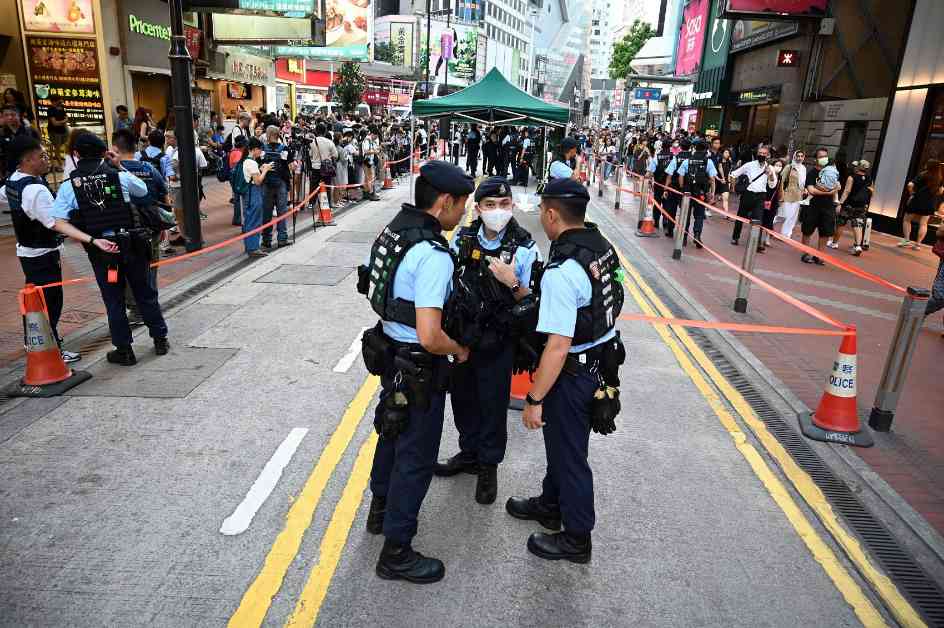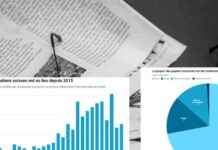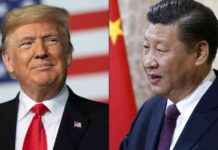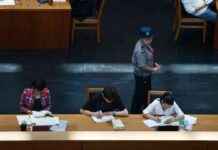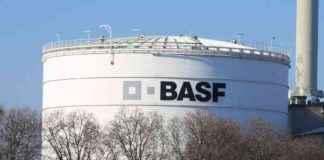Three Years On: The Impact of Hong Kong’s National Security Law
Three years have passed since the implementation of Hong Kong’s National Security Law (NSL), and the impact on the city’s political and social landscape is profound. The recent sentencing of three individuals to prison for sedition is just one example of how the government has used the NSL to reshape Hong Kong’s institutions and suppress dissent.
The Case of Keung, Lee, and Chan
In March 2023, a Hong Kong court sentenced Alan Keung Ka-wai, Alex Lee Lung-yin, and Cannis Chan Sheung-yan to prison for selling self-published books about the city’s 2019 protest movement. The trio pleaded guilty and received sentences ranging from five to ten months. This case highlights the government’s use of the sedition provision of the Hong Kong Crimes Ordinance, a colonial-era law revived after the 2019 protests.
Evolution of National Security Measures
Since the NSL came into effect in 2020, the government has used national security laws to reshape Hong Kong’s political and civic landscape. Opposition parties have been decimated, civil society groups closed down, and media outlets shuttered. Pro-democratic figures have been arrested or fled the city, while those who remain are cautious about what they say to avoid prosecution for national security crimes.
Consolidation Phase: Shifting Strategies
As the government moves into a consolidation phase, national security arrests have become less frequent. Instead, administrative measures, public messaging, and self-censorship are used to maintain control and enforce political red lines. However, authorities still arrest and prosecute individuals who cross these lines or engage in activities deemed unacceptable, with sedition becoming the preferred tool for such crackdowns.
The Elasticity of National Security
The government’s definition of “national security” has been broadly interpreted, with activities like holding a primary election or reporting on political developments considered threats. The sedition provision of the Crimes Ordinance now accounts for the majority of new national security cases, showcasing the government’s use of legal tools to suppress dissent and criticism.
Impact on Political Life
The NSL has significantly impacted political life in Hong Kong, with pro-democracy parties forced to shut down and press freedom curtailed. NGOs have faced closures, and academic freedom is in doubt with new guidelines promoting the NSL in schools. The government’s crackdown on dissent has led to arrests, prosecutions, and the exodus of activists and political figures from the city.
Shift to Sedition
The government’s focus has shifted towards using the sedition provision of the Crimes Ordinance to maintain the status quo and enforce red lines. Sedition cases have become predominant, with lighter penalties making it a preferred tool for curbing political speech and activity. The elastic legal definition of sedition allows for prosecution of a wide range of activities critical of the government.
Trends in Arrests and Prosecutions
Arrests and prosecutions under national security laws have decreased over the years, with the government relying more on sedition charges. The judiciary’s approach to national security cases has largely favored the government, leading to a 100% conviction rate. While some individuals have pled guilty to national security crimes, questions remain about the fairness of trials under the NSL and the sedition provision.
Challenges for the Judiciary
The judiciary in Hong Kong faces challenges in maintaining independence and upholding human rights in national security cases. The pressure to deliver guilty verdicts and the political implications of judicial decisions have raised concerns about the court system’s ability to act as a check on government power. As the NSL enters its fourth year, judges must consider the impact of their rulings on basic rights and the rule of law in Hong Kong.
Looking Ahead
As Hong Kong grapples with the implications of the NSL, questions arise about the balance between national security and individual freedoms. The evolution of the government’s use of national security laws, the impact on political life, and the role of the judiciary in upholding rights are key issues for the city’s future. As the NSL regime continues, there is a need for reflection on the broader implications of these laws on Hong Kong’s society and governance.
